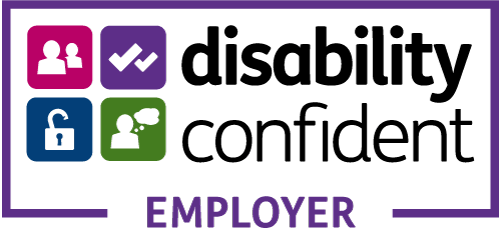Getting to know you, getting to know me
Working with your therapist
For Therapy to work, there has to be a trusting relationship formed from the very beginning. Therapy can feel like a strange thing to do. You meet with someone who you know nothing about and you tell them very personal things about your life, the people in it, what you are thinking and you will probably share tearful moments.
At Trent IAPT, we make sure we employ well trained therapists and we make sure they are properly supervised. All our therapists have to be accredited with a professional body and they have to keep up with their continuing development. They follow rules on confidentiality. This will give you assurance that you will be seen by someone you can have a trustworthy relationship with.
That they are solely focused on helping you achieve the best you can from your life. Therapists will usually share a little bit of information about themselves with you. But this does vary according to the choice a therapist will make. What they will do is listen, respect you and not be judgmental. They will talk in a conversational way with you but be guided by a clear idea in their view of what might help as to the topics to talk about, what sort of questions to ask and to guide you to think more about certain ideas. The therapist's approach to things to talk with you about and what things to focus on is guided by what we know has helped other people.
The therapist will clearly come to know a lot about you. With a good therapist you will find that you are very comfortable sharing your feelings and thoughts, stories about your life.
As you talk and share with your therapist, a slightly strange thing happens. As they get to know you, you get to know yourself a lot more. And as you learn more about yourself, you will start to see and experience possibilities to make changes in your life, for the better. You will also learn about what you want more from life, what is good for you and how to negotiate with those around you, both the support you need and the things that upset you.
Some the things you might talk about and deal with;
- become aware of ways of thinking that may be automatic but are inaccurate and harmful. (An example might be someone who has a low opinion of his or her own abilities.) The therapist helps the person find ways to question these thoughts, understand how they affect emotions and behaviour, and try ways to change self-defeating patterns. This approach is central to cognitive behavioural therapy (CBT).
- Finding ways to cope with stress.
- Examining your interactions with others.
- Relaxation and mindfulness techniques.
- Tracking emotions and activities and the impact of each on the other.
- Safety planning, when you have thoughts about harming yourself, can include helping a person recognise warning signs, and thinking about coping strategies, such as contacting friends, family, or emergency personnel.
Many people make changes quite quickly after starting therapy. It does not take years. Having trust in your therapist from the start is important. That’s why at Trent IAPT we employ excellent therapists and make sure they stay up to date with most effective therapies. At the end of therapy, you will be asked about feedback on your experiences. This helps us improve the services.













